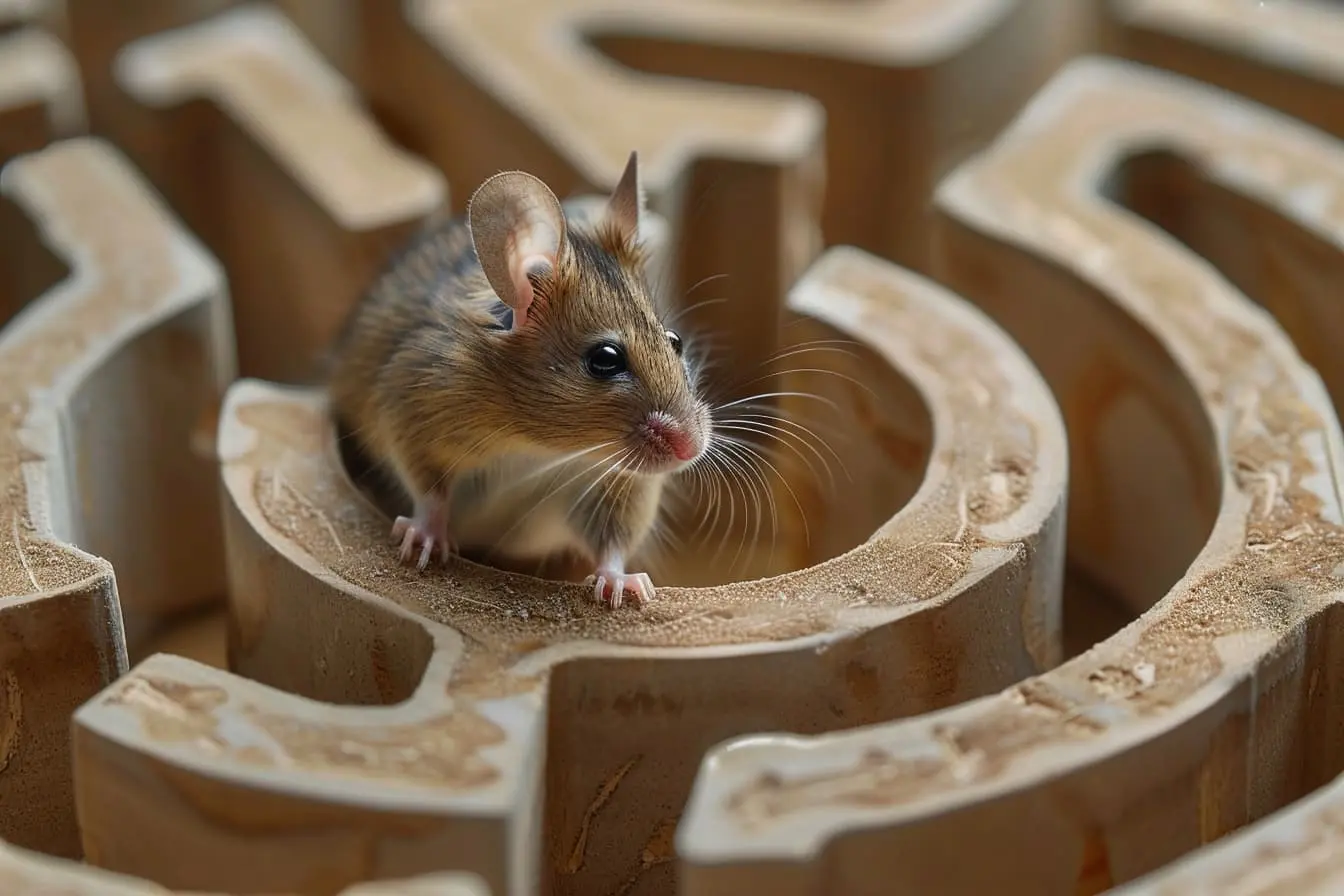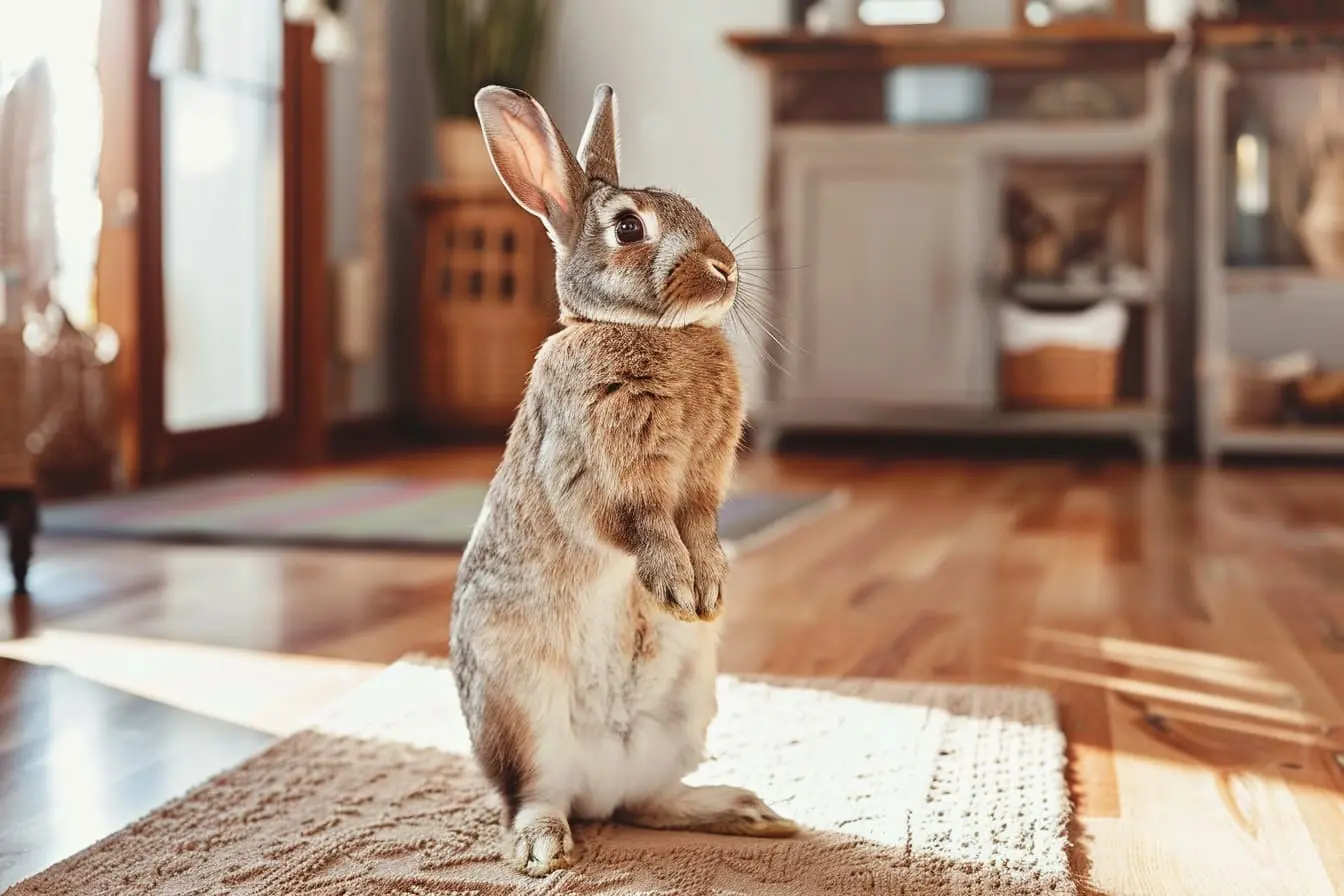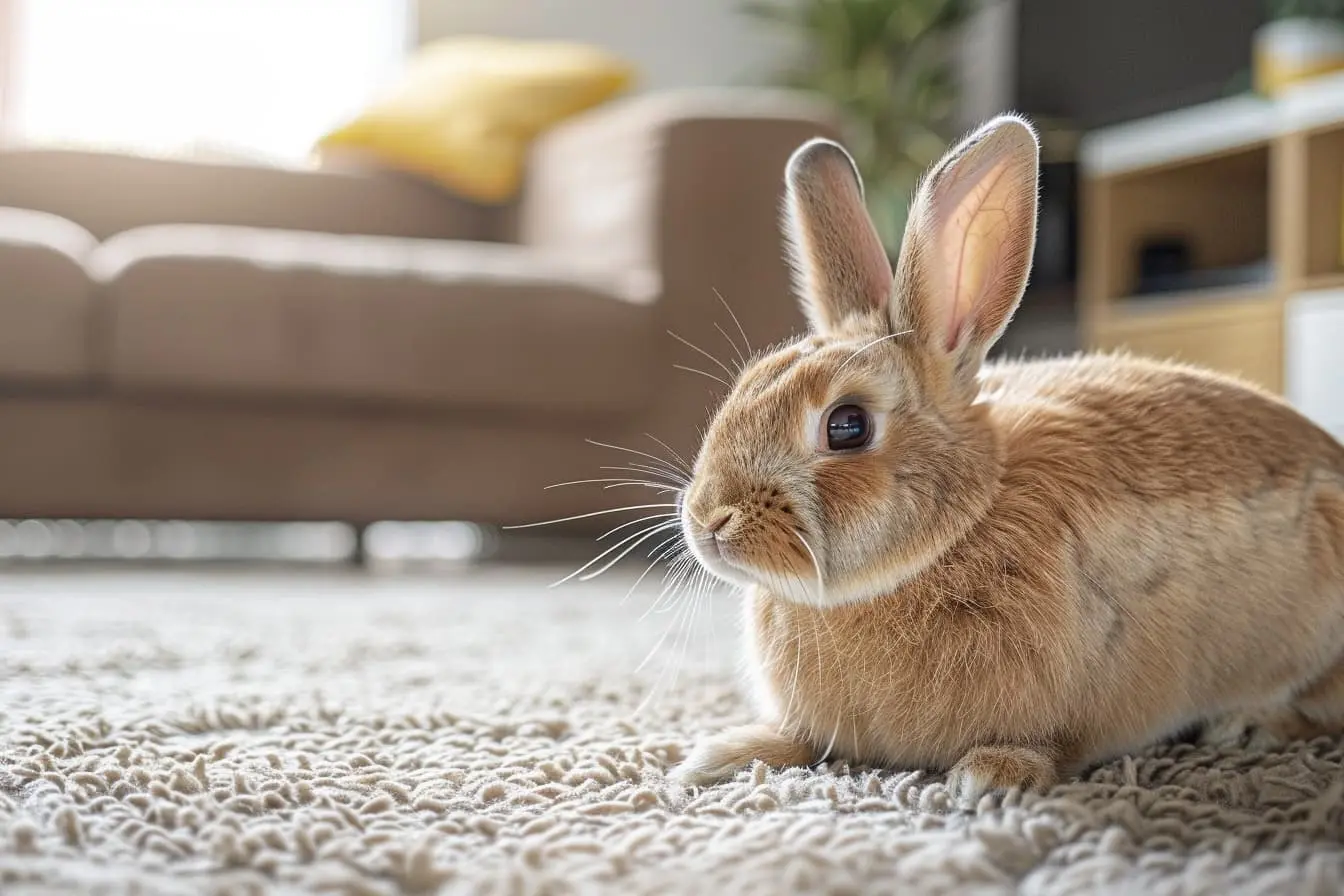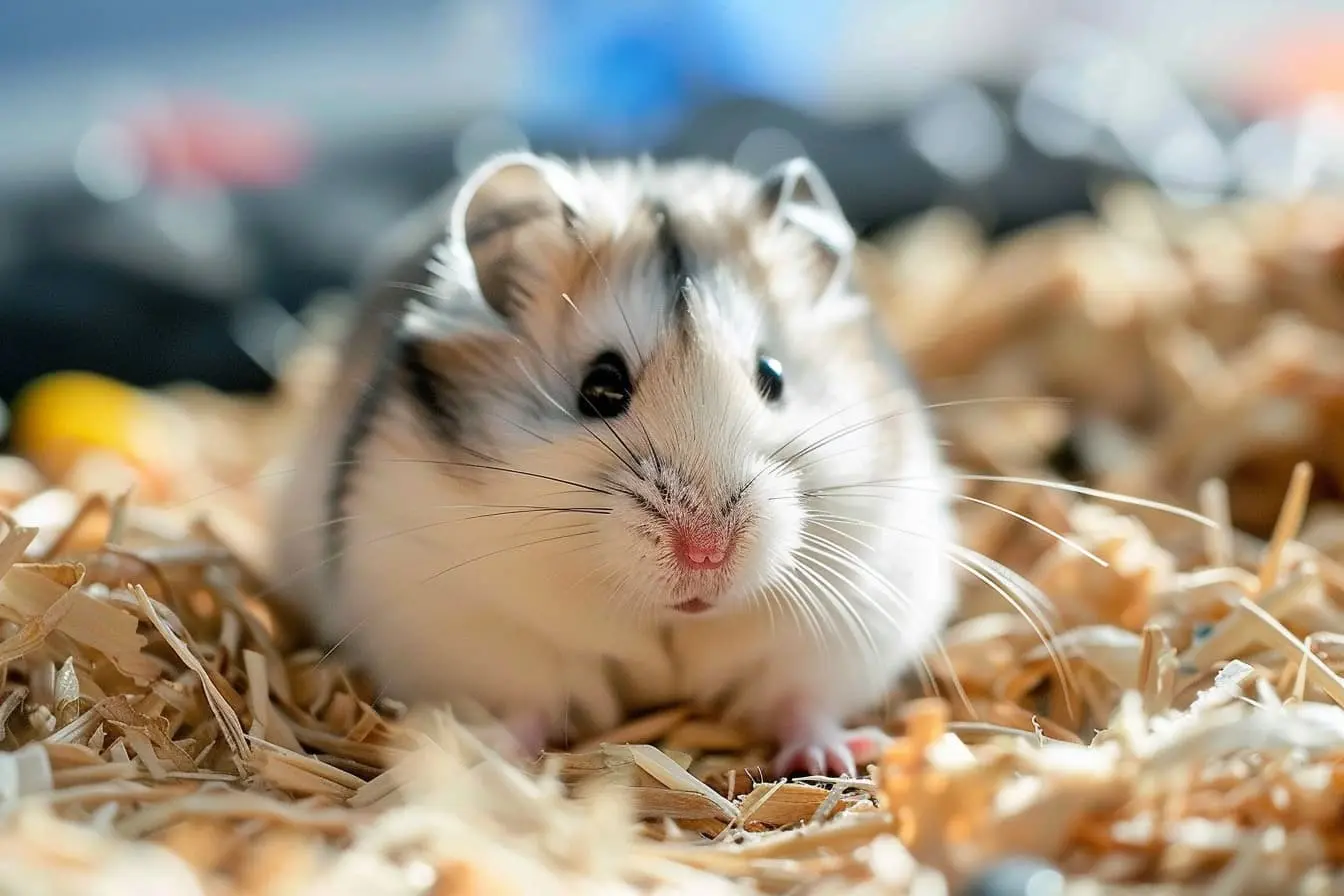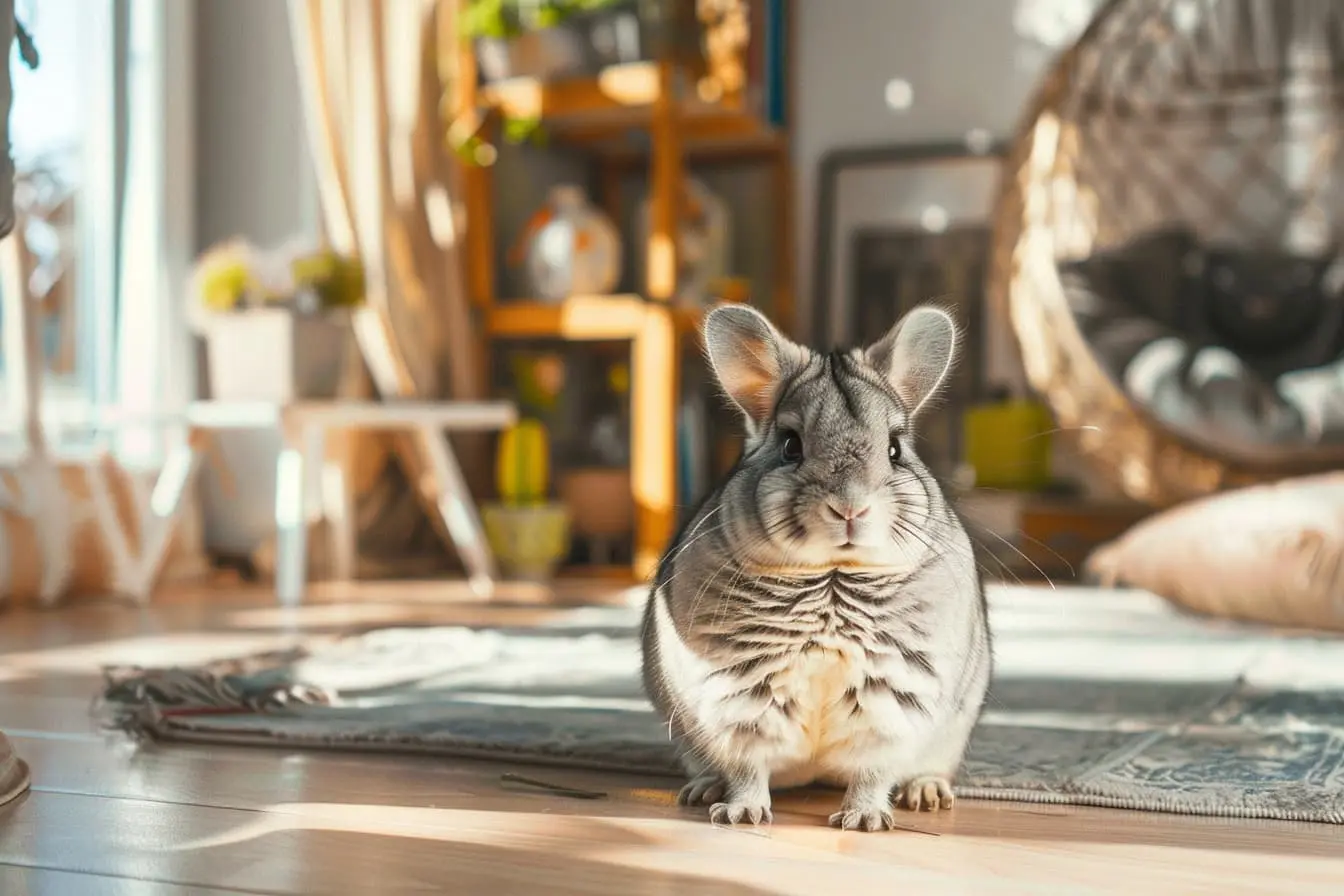
The Essential Guide to Chinchilla Grooming for New Owners
Chinchillas are exquisite creatures known for their luxurious fur and playful personalities. As new chinchilla owners, it's crucial to understand the unique grooming needs of these delightful pets to ensure they stay healthy and comfortable. This guide will walk you through everything you need to know about caring for your chinchilla's coat, nails, and overall hygiene, making grooming a bonding experience for both of you.
Understanding Your Chinchilla’s Fur
Chinchillas have dense fur that does not fare well with moisture. Their unique coat is designed to insulate them against the cold in their native Andean habitats, making them quite different from other pets when it comes to grooming.
Dust Baths: The Cornerstone of Chinchilla Grooming
The most important aspect of chinchilla grooming is the dust bath. Chinchillas clean their fur by rolling in special volcanic dust, which absorbs oil and dirt from their coats. Providing a dust bath 2-3 times a week is essential for maintaining a healthy coat. Use a high-quality, chinchilla-specific dust, and offer it in a large container where your chinchilla can roll around freely. Limit bath time to around 10-15 minutes to prevent dry skin.
Fur Checks and Brushing
Regularly inspect your chinchilla's fur for mats, dirt, or signs of parasites. While chinchillas are less prone to matting due to their dense fur, it's still important to check. Brushing can be done with a gentle, soft-bristled brush, but always be extremely gentle to avoid damaging their delicate skin.
Nail Trimming
Like many rodents, chinchillas' nails can become overgrown if not naturally worn down. You may need to trim them occasionally to prevent discomfort. Use a small pet nail clipper, and be cautious to avoid the quick. If you're unsure about trimming your chinchilla's nails, seek assistance from a vet.
Ear Cleaning
Chinchilla ears should be checked regularly for wax buildup or debris. Clean their ears gently with a cotton bud, taking care not to insert it into the ear canal. Be especially delicate, as their ears are fragile.
Avoiding Water Baths
Never give a chinchilla a water bath. Their dense fur can retain moisture, leading to fungal infections and skin problems. If your chinchilla gets into something sticky or dirty, consult a veterinarian for advice on how to clean them without compromising their health.
Dental Care
Chinchillas need to keep their teeth, which grow continuously, in check by gnawing on safe wooden blocks and toys. Ensure they have plenty of appropriate items to chew on to maintain their dental health.
Environmental Considerations
Keeping your chinchilla's living environment clean is an integral part of grooming. Regular cage cleaning prevents the buildup of harmful bacteria and ensures a healthy environment for your pet. Ensure their bedding is changed frequently and any soiled areas are cleaned promptly.
Handling and Bonding
Grooming sessions are an excellent opportunity to bond with your chinchilla. Handle your pet gently and calmly, using treats and soft words to create a positive association with grooming.
Final Thoughts
Proper grooming is essential for the well-being of your chinchilla, keeping their coat and skin healthy while also providing a chance to strengthen your bond. By understanding and catering to their unique needs, you can ensure your chinchilla remains happy, healthy, and a beloved part of your family. Remember, patience and gentle care are key, allowing your chinchilla to trust and feel comfortable with you during grooming sessions.
Vets near you
Speciality vets
- Aquatics vet specialists
- Birds vet specialists
- Camelids vet specialists
- Cats vet specialists
- Cattle vet specialists
- Deer vet specialists
- Dogs vet specialists
- Equines vet specialists
- Exotic vet specialists
- Goats vet specialists
- Pigs vet specialists
- Poultry vet specialists
- Sheep vet specialists
- Small Mammals vet specialists
- Wild vet specialists
Vet facilities
- Accessible by public transport
- Blood testing
- Car park nearby
- Client car park
- Dentistry
- Diagnostic imaging
- Disabled public access
- Flea and worm treatments
- Microchipping
- Mobile services
- Neutering
- Open at weekends
- Out-of-hours service
- Referral interests
- Referrals only
- Street parking outside
- Toilets available
- Vaccinations
